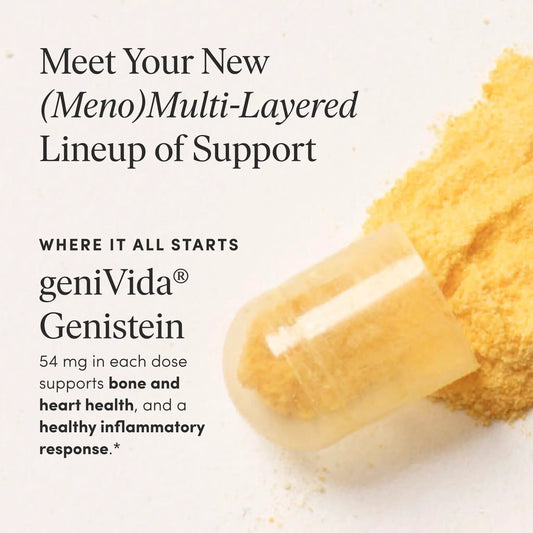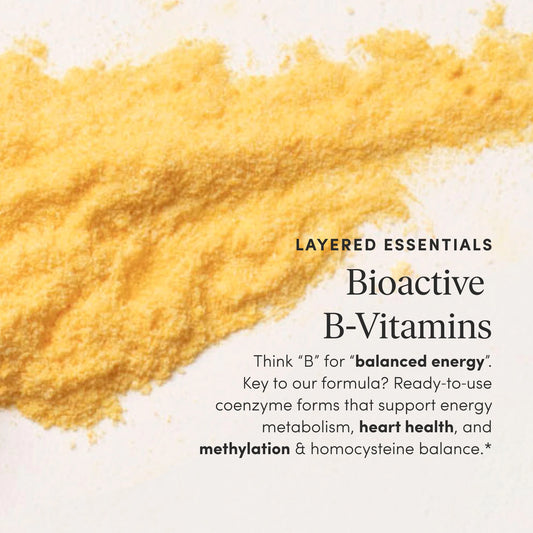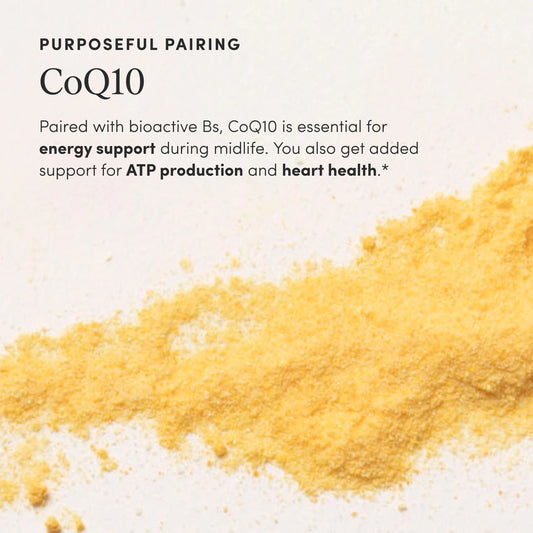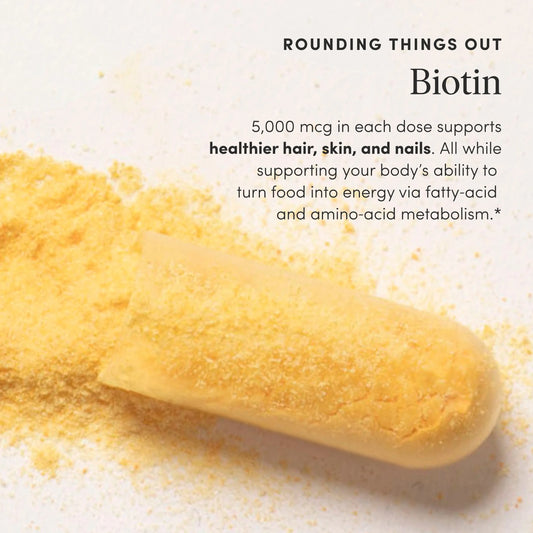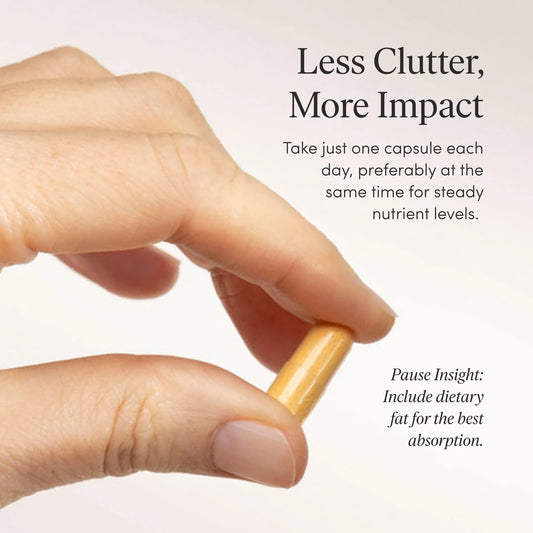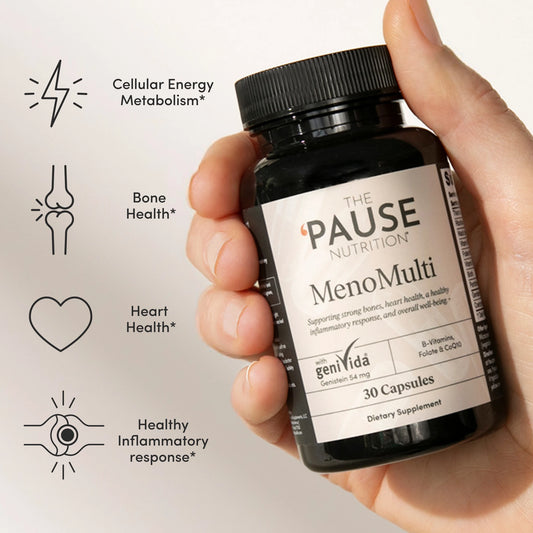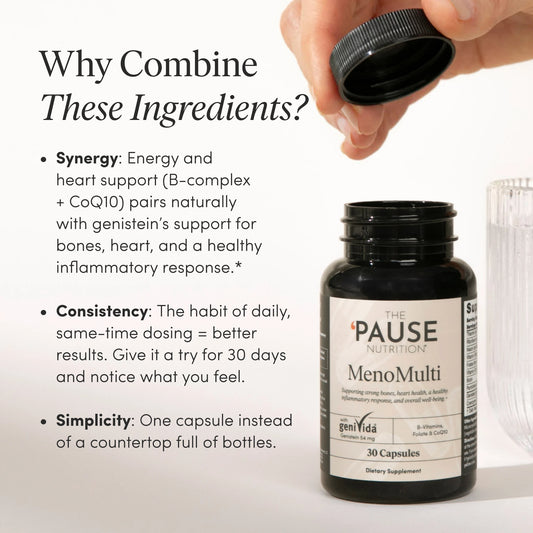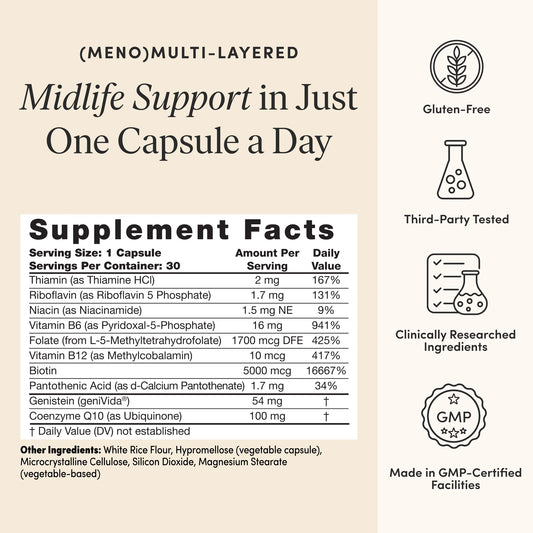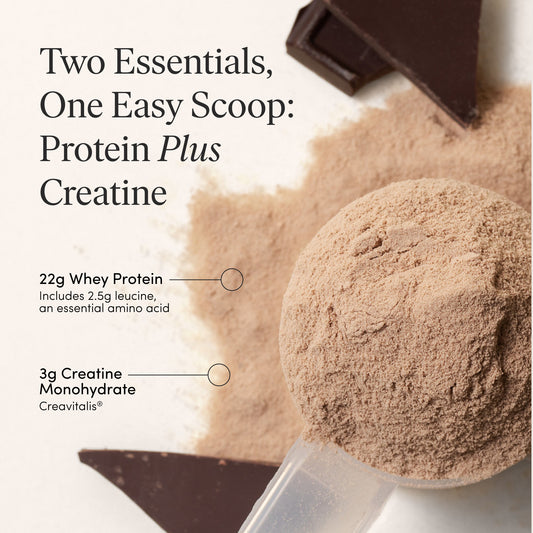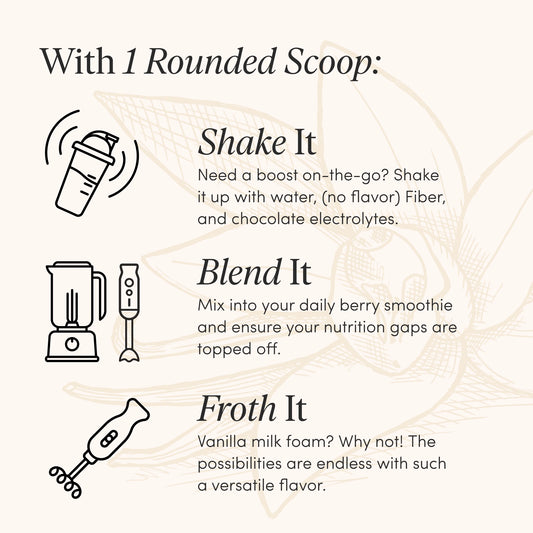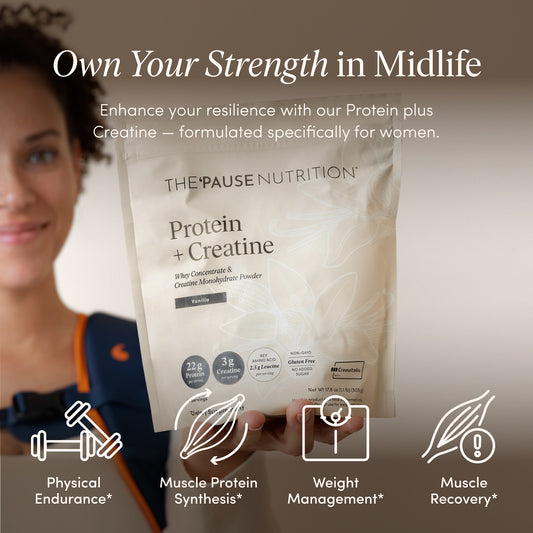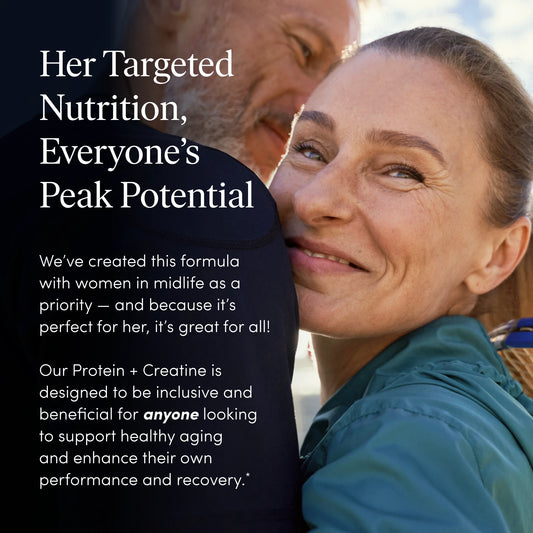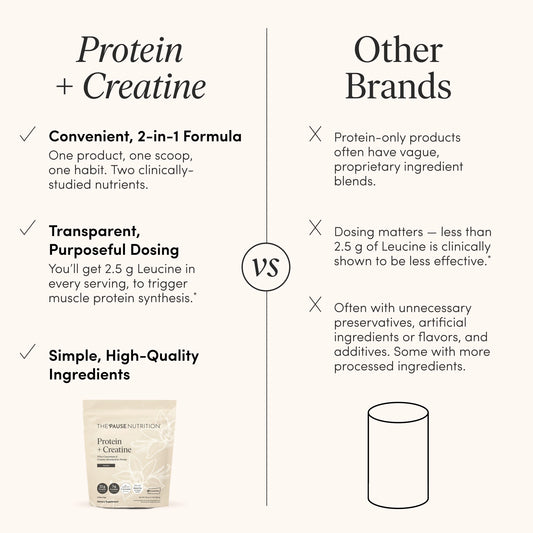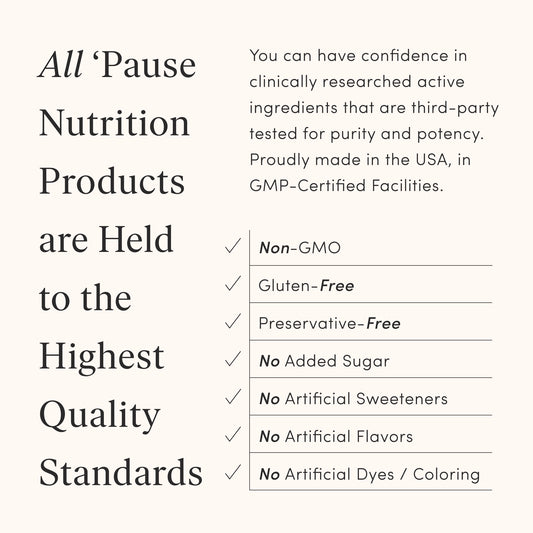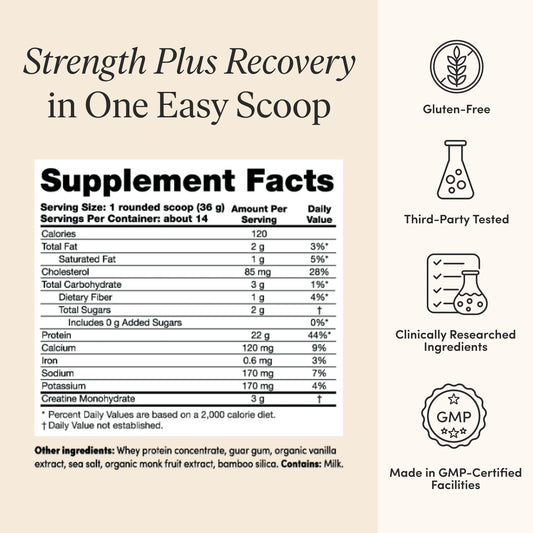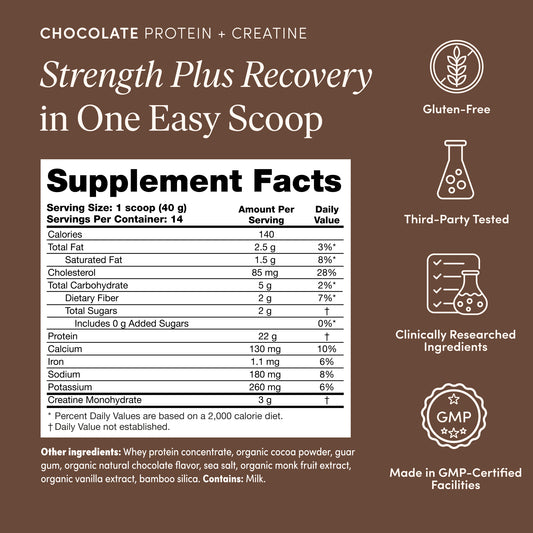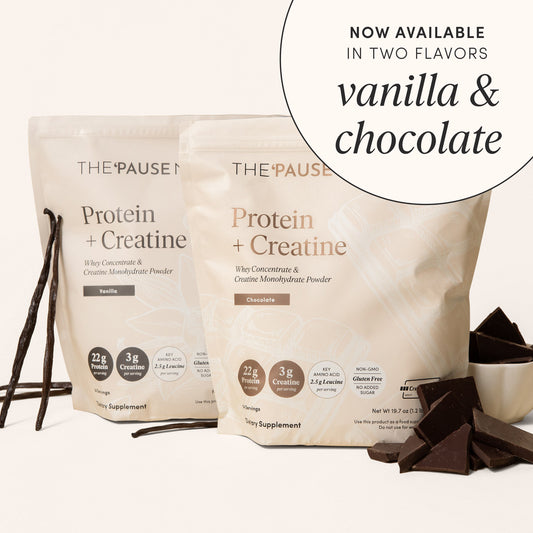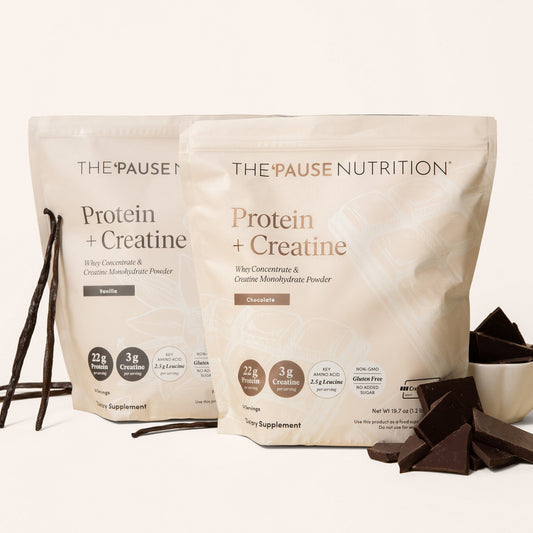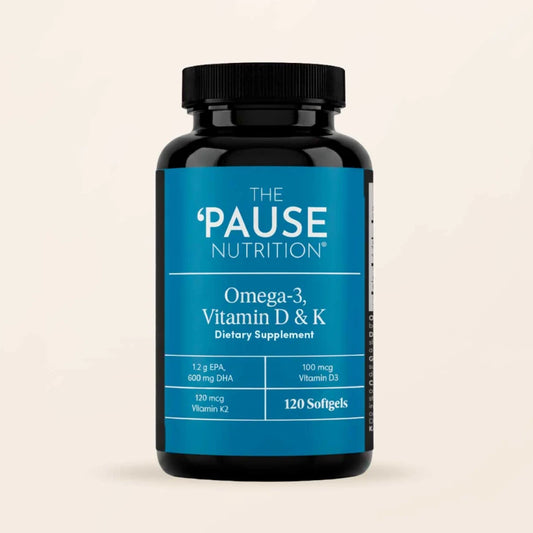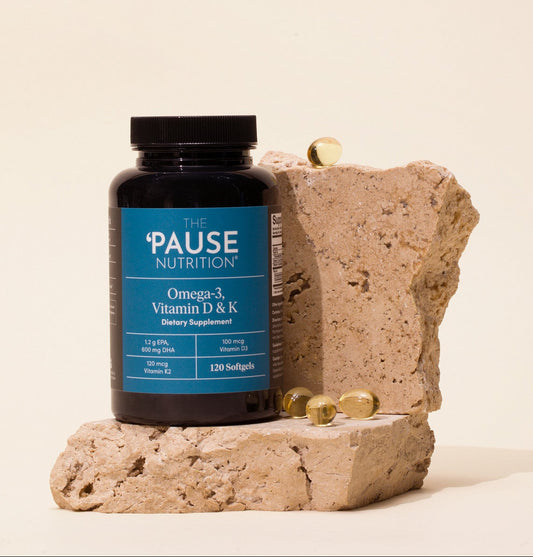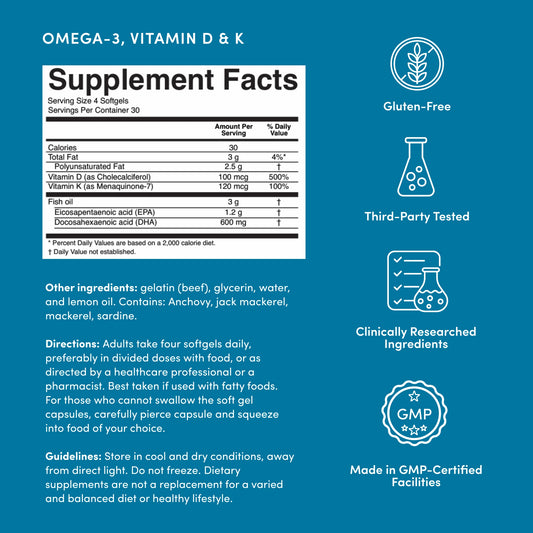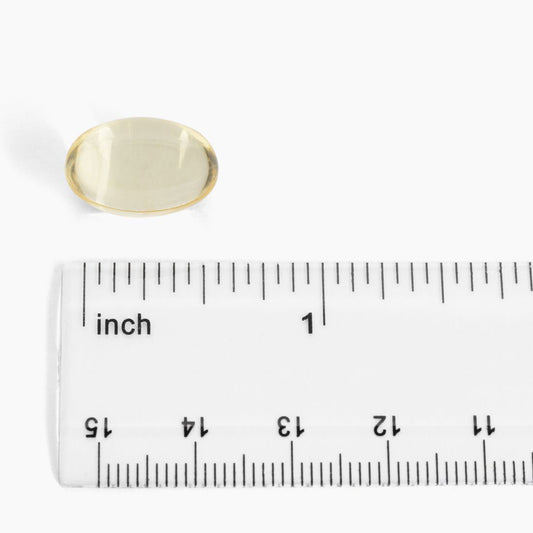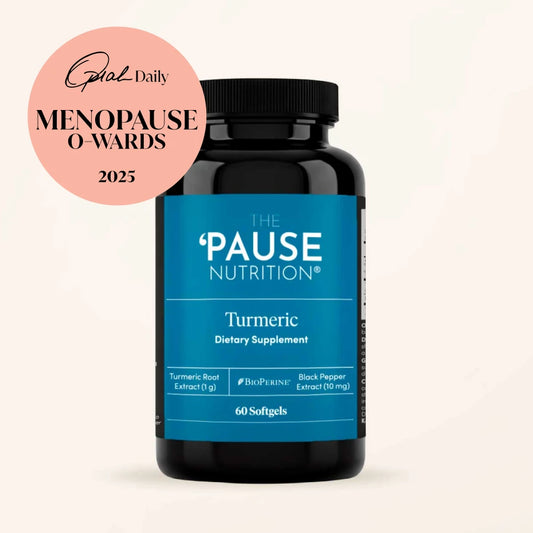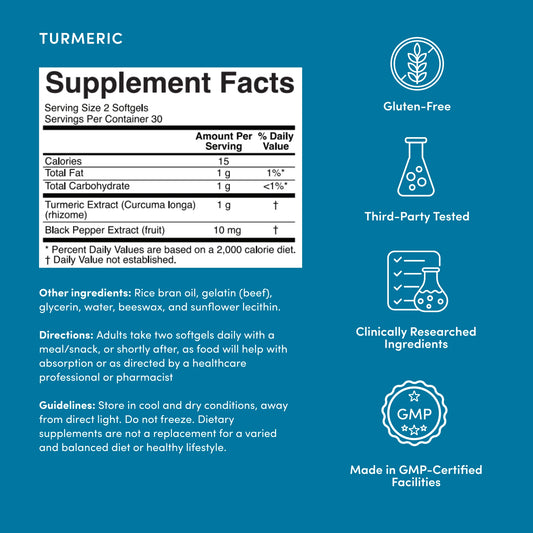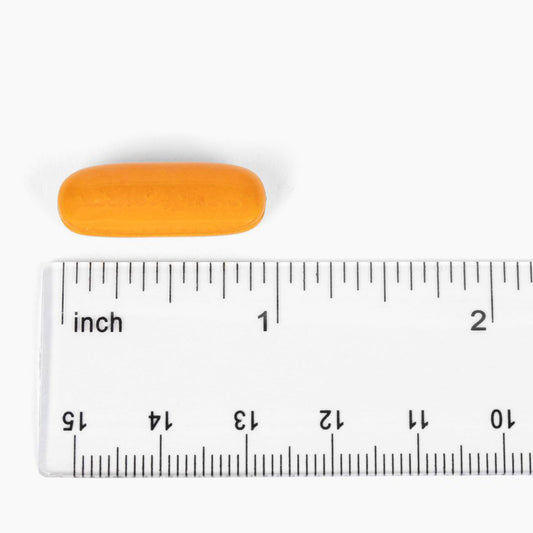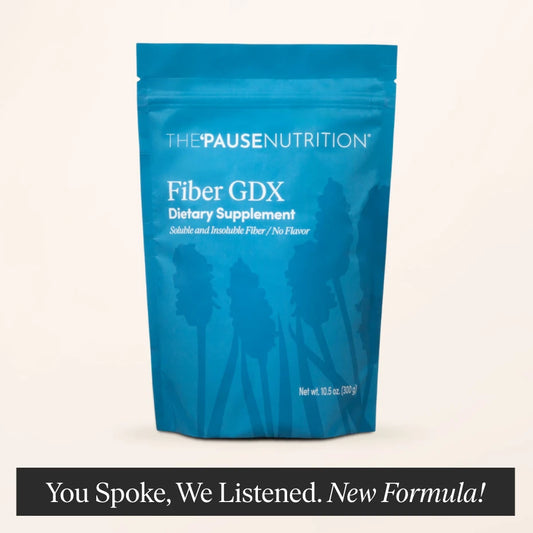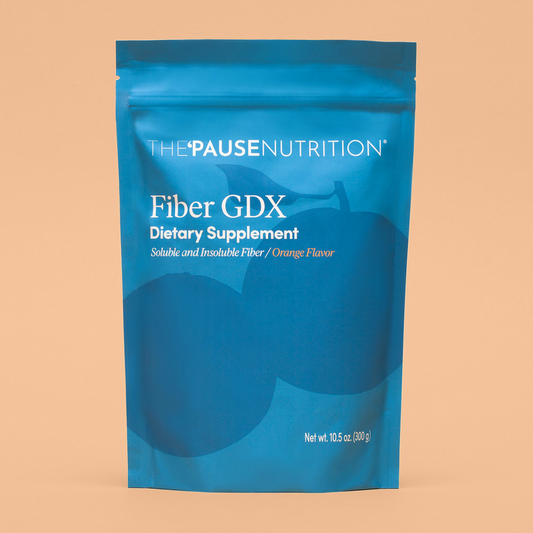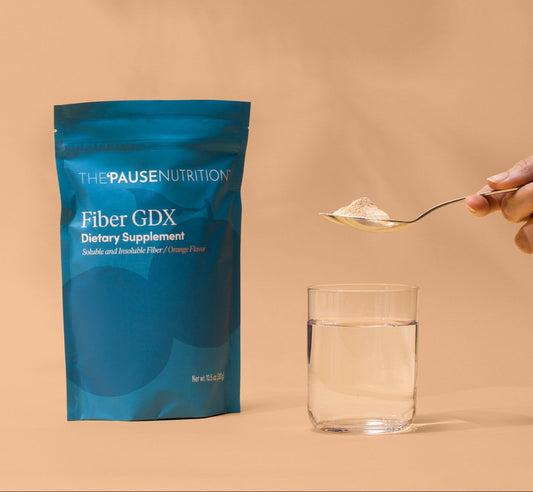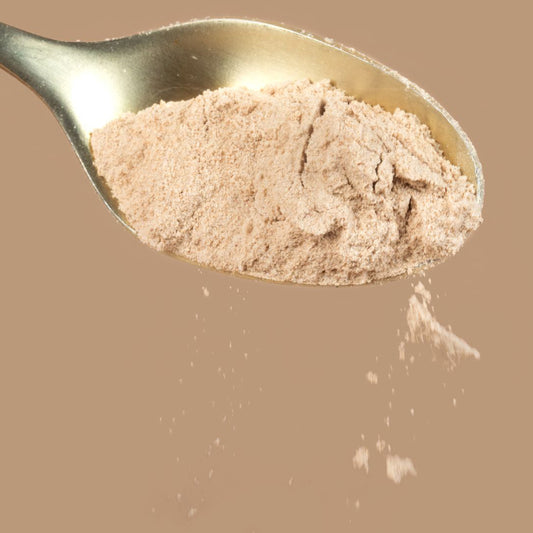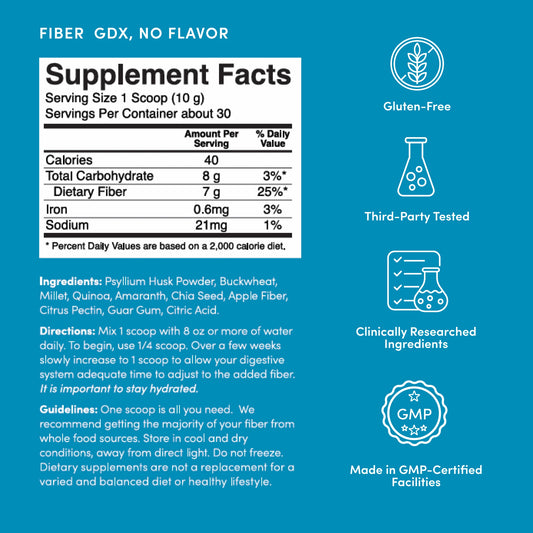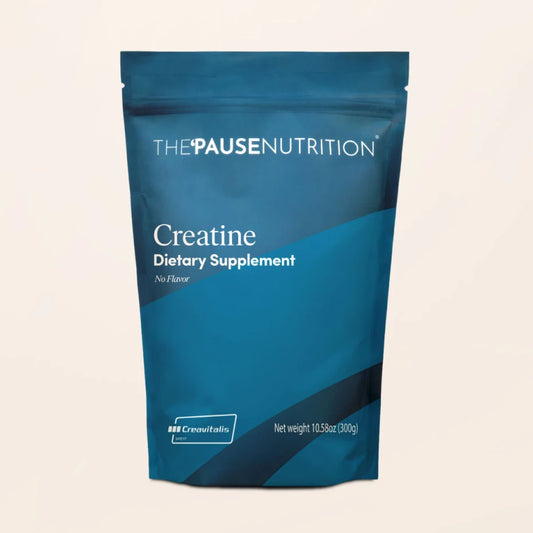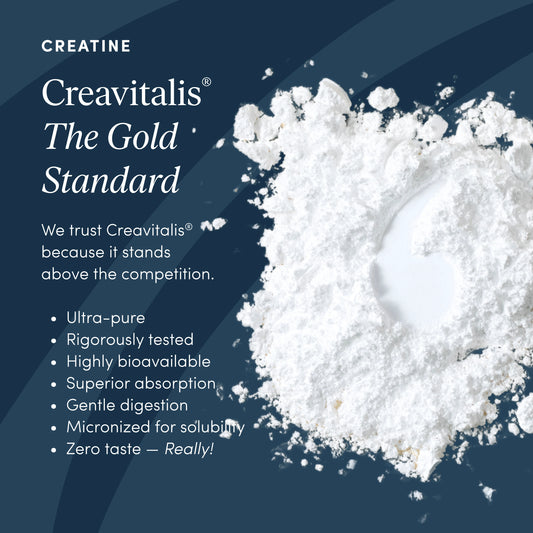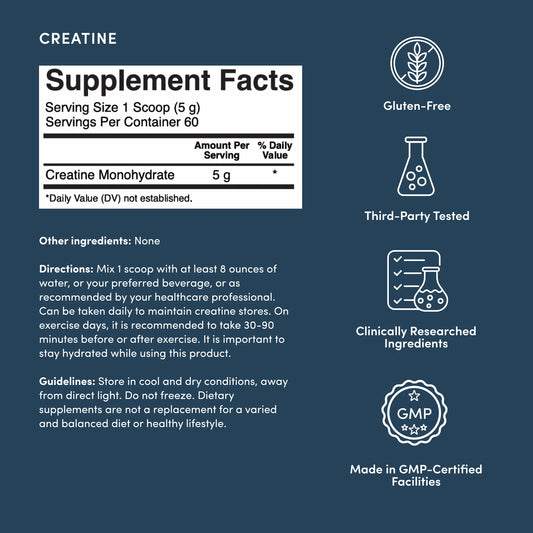Supplements To Support A Normal Inflammatory Response

Share
As a board-certified OBGYN trained in culinary medicine, I believe in the power of nutrition to help you reach your optimal health. Here at The 'Pause Life, we encourage a food-first approach to obtaining the vitamins and minerals that are essential to good health. Supplements can be helpful when there is a deficiency due to lifestyle, health conditions, and the modern western diet but they are not meant to take the place of real food. To be clear, supplements do not match the nutrition that eating whole foods through meals built with lean protein, fruits, and vegetables.
Whole foods have three key advantages over supplements:
- More nutrients from dietary complexity
- Fiber that helps support regularity and eliminates waste, and helps support blood sugar already in the normal range
- Naturally occurring protective components like phytochemicals*
Fight Dietary Deficiencies With Supplements
The steady rise in obesity in the United States directly correlates to so-called “advances” in modern food production. Diets high in ultra-processed foods are linked to weight gain, nutritional deficiencies, and an overall decline in quality of life. This eating pattern has a fatty acid ratio that promotes disease: too much omega-6 and not enough omega-3. Ultra-processed foods rich in chemicals, dyes, and sugar are disruptive to the microbiome, which creates an adverse chain reaction that ricochets through every system of the body. Finally, the western diet pattern typically has a low fiber intake— about 50% less of daily recommended amounts. Without the cleaning power of the dietary bulk moving through our digestive tract, we carry waste and debris internally that robs our vitality.*
If you were going to choose any supplements to add to your diet, these would be my top 6 evidence-based supplement recommendations to support women through the stages of menopause.*
Collagen
Our bodies are made up of proteins and one-third of that protein is collagen. Collagen contains a concentration of three amino acids—glycine, proline, and hydroxyproline. We need collagen for our connective tissue (ligaments, tendons, muscle) and our skin—it aids in the strength, regulation, and regeneration of new tissue. Research shows that collagen supplementation of 5-15g/day aids in improving joint mobility, agility, and improving body composition and muscle recovery.*
'Pause Nutrition Skin & Bone includes VERISOL® & FORTIBONE® collagen peptides. These peptides can help stimulate collagen production in skin and bones, may benefit the appearance of fine lines and wrinkles, and support skin elasticity and support bone mineral density.* Two scoops per day in a large glass of water packs a powerful punch.*
Read more about how Skin & Bone can help you in the 'Pause Blog Have it all with the Skin and Bone Supplement.
Fiber
Fiber is a common deficiency in the standard American diet, but adding soluble and insoluble fiber to your daily intake can drastically support overall regularity. 'Pause Nutrition Fiber GDX includes both soluble and insoluble fiber, each of which provides different health benefits: Soluble fiber helps slow digestion, regulate blood sugar, and lower LDL (“bad”) cholesterol, while insoluble fiber helps to prevent constipation and support regularity. It is easy to add to your morning smoothie or glass of water and tastes great.*
Omega 3
Omega 3 fatty acids help promote brain health including cognitive function and focus, heart health including regulating triglycerides and blood pressure, eye health and joint and bone health. They also help modulate inflammation. This essential nutrient is found abundantly in fatty fish like salmon, mackerel, and sardines, but if those foods aren’t to your taste, adding an omega-3 supplement to your routine may be just the thing. To learn more about or purchase 'Pause Nutrition Omega-3 & Vitamin D + K supplement, click here.
Probiotics
Your body, especially your large intestine, contains trillions of microorganisms. The gut microbiota, a colonic bacterial population, has a role in immunological health, digestion, and other bodily processes. Some of these bacteria cause disease, while others combat it, and a healthy mix of good and harmful bacteria is required to maintain good health. Problems occur when this balance is disrupted. Probiotics can be handy in these situations.*
Probiotics are good bacteria that are comparable to those found naturally in the body. Foods rich in probiotics include yogurt, sauerkraut, kombucha, fermented pickles, and miso. But if you’re not eating these foods regularly, a probiotic supplement can be helpful.
Choose a probiotic supplement with at least one billion colony-forming units and contain the Lactobacillus, Bifidobacterium, or Saccharomyces boulardii genera, some of the most investigated probiotics. My favorite is Alloy's Synbiotic.
Turmeric
Turmeric is a spice valued over many centuries and across many cultures for its therapeutic benefits. It has piqued the interest of medical and scientific researchers and culinary fans, as it is the primary source of the polyphenol curcumin, which helps support a normal inflammatory response.1*
'Pause Nutrition Turmeric supplement combines curcumin with piperine, to increase its bioavailability significantly.
Vitamin D
Vitamin D is crucial in many biological processes—from mood and mental health to immune function and chronic disease risk. Over 42% of Americans are deficient in Vitamin D, and this number can approach 85% for women in menopause. Most human diets are deficient in this vital nutrient—and that’s where Vitamin D supplementation can be helpful, for overall absorption of calcium and to supports the immune system.*
A Two Pronged Approach for Better Health
Our food sources and preferences are not all equal. Not everyone has the budget to support nutrient-dense foods and supplements. That’s why I believe in food first—and supplementation when you know you’re not getting some key nutrients. Think of whole foods as the real superheroes when there is a dietary deficit, with supplements as beneficial sidekicks that help support your nutritional profile.
To advance your whole food meals game, consider Hello Fresh, a meal delivery service with pre-portioned ingredients and easy-to-follow recipes. With high protein, high fiber, vegetarian and family friendly options, there’s something delicious and satisfying for even the pickiest palate. Learn more about ways to support a normal inflammatory response with The Pause Strong Program created to share the results of the extensive research I performed on menopausal symptoms, including inflammation and associated weight gain.
References
- Hewlings, S. J., & Kalman, D. S. (2017). Curcumin: A Review of Its Effects on Human Health. Foods (Basel, Switzerland), 6(10), 92. https://doi.org/10.3390/foods6100092
This article contains affiliate links.














